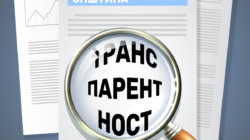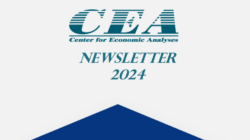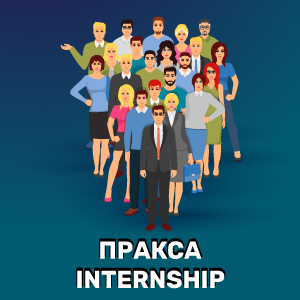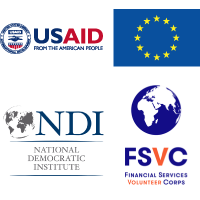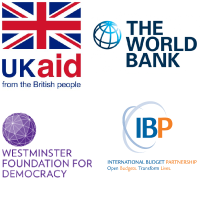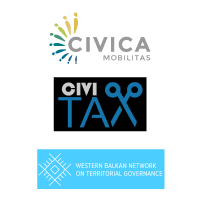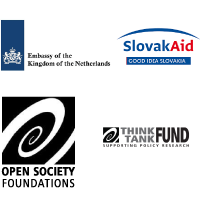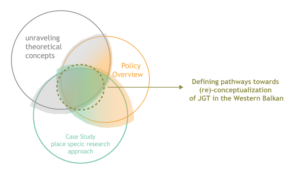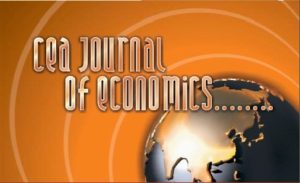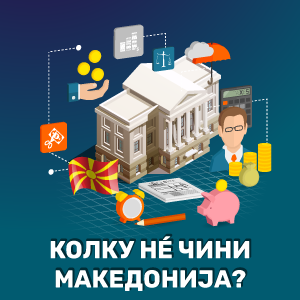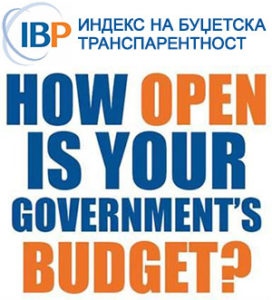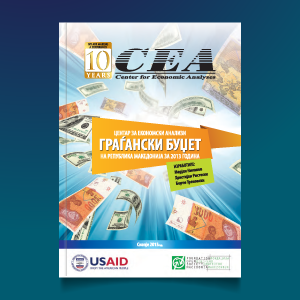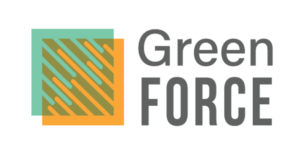 GreenFORCE, is an EU Horizon 2020 project, which aims at fostering excellence in the “Western Balkans’ green transition” scientific research and innovation of Co-PLAN (Albania), CEA (North Macedonia), and UB GEF (Serbia), as a means to enhancing their research profile, strengthening research and management capacities of their staff, and contributing to convergence between Western Balkans (WB) and EU research capacities, as well as to wider policy initiatives for the WB region.
GreenFORCE, is an EU Horizon 2020 project, which aims at fostering excellence in the “Western Balkans’ green transition” scientific research and innovation of Co-PLAN (Albania), CEA (North Macedonia), and UB GEF (Serbia), as a means to enhancing their research profile, strengthening research and management capacities of their staff, and contributing to convergence between Western Balkans (WB) and EU research capacities, as well as to wider policy initiatives for the WB region.
This objective is to be reached through the twinning partnership of five organisations that will work closely to produce territorial knowledge through exploratory research and institutional learning; will transfer and exchange knowledge among partner organisations through applying the knowledge management cycle; and will engage in networking for sharing, cross-fertilizing and amplifying knowledge at the societal level. Ultimately, the ambition is to transcend from individual learning to enabling institutional learning, making sure that research and research management practices become institutionalised within the recipient organisations. GreenFORCE will contribute to the impacts of the destination “Improved access to excellence” by enabling pathways of cooperation, exchange, co-design, co-creation with academia, civil society and policy-makers at the regional level which aims to encourage excellence in scientific research and innovation for the “green transition of the Western Balkans” implemented by the partners Co-PLAN (Albania), CEA (North Macedonia) and UB-GEF (Serbia), as local partners and POLITO (Italy) and Nortregio (Sweden) to improve the research profile, strengthening the research and management capacities and contribute to the convergence between the research capacities of the Western Balkans (WB) and the EU.
GreenFORCE PROJECT FACTSHEET
Facebook: Greenforce Twinning Project
web page: greenforcetwinning.net
See Our Deliverables:
Deliverable 4.1 – Report on Western Balkans Just Green Transition Conceptualisation
Deliverable D4.2: Regional Mapping Report on Green Transition
Mapping datasets / Open Access on Zenodo
- Dataset for Green Transition Policies, Stakeholders and Practices in North Macedonia
- Dataset for Green Transition Policies, Stakeholders and Practices in Serbia
- Dataset for Green Transition Policies, Stakeholders and Practices in Albania
- Dataset for Green Transition Policies, Stakeholders and Practices in Montenegro
- Dataset for Green Transition Policies, Stakeholders and Practices in Bosnia and Herzegovina
Subscribe to the GreenFORCE Newsletter
NEWSLETTER No. 3| December 2023
Policy Briefs:
– Just Green Transition in the Western Balkans: Overcoming ‘Transitions Fatigue‘
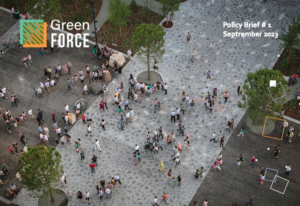 In the Western Balkans (WB), however, the JGT is, so far, mostly used as a buzzword without fully generating the necessary awareness of the scale and transformative nature it implies. This is reflected in the absence of a comprehensive approach to coordinating climate and environmental action. Instead, there is a patchwork of policy initiatives tackling specific sectors. Furthermore, as the WB countries commit to the JGT, a key concern is how to land the narrative of a ‘transition’ in a region that has been subject to several transitions through history with questionable levels of success.
In the Western Balkans (WB), however, the JGT is, so far, mostly used as a buzzword without fully generating the necessary awareness of the scale and transformative nature it implies. This is reflected in the absence of a comprehensive approach to coordinating climate and environmental action. Instead, there is a patchwork of policy initiatives tackling specific sectors. Furthermore, as the WB countries commit to the JGT, a key concern is how to land the narrative of a ‘transition’ in a region that has been subject to several transitions through history with questionable levels of success.
This policy brief aims to increase clarity of what are the practical implications of JGT for the WB region and for its domestic policy arena, and offer recommendations for how to achieve better policy implementation and increased societal support.
To read full publication click here. (MK)
– Waste to Energy: Unlocking The Potential Of Waste As An Alternative Source Of Energy In The Western Balkans
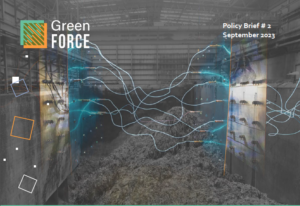 Throughout the Western Balkans, waste is still considered an externality since vast quantities of waste are being deposited in open dump sites or even in nature, awaiting natural decomposition, uncontrolled incineration, or even being washed toward shores and contributing to marine litter. A substantial portion of these waste streams conceals untapped energy potential. Harnessing the latent energy potential residing within waste materials represents a huge opportunity that can contribute towards the Circular Economy vision of the sector. Such byproducts from waste recovery processes could generate income, supporting sector upgrades with EU Standards and supplying the industry with an alternative fuel directly contributing to the ambitious CO2 emission reduction. Finally, such practice addresses other detrimental effects of waste disposal (particularly landfilling and incineration) on the environment and human health. Producing alternative fuels via a waste-to-energy framework can contribute to diversifying the energy mix (especially in industrial processes), reducing overreliance on conventional fossil fuels and fostering energy security. By embracing the potential of ‘waste-to-energy’, WB countries embark on a transformative journey towards a more sustainable and resilient future, where resourcefulness and environmental responsibility intersect to address some of our most pressing global challenges. This endeavour demands concerted efforts from public authorities and industries to shift from a linear to a circular economy for a low-carbon future.
Throughout the Western Balkans, waste is still considered an externality since vast quantities of waste are being deposited in open dump sites or even in nature, awaiting natural decomposition, uncontrolled incineration, or even being washed toward shores and contributing to marine litter. A substantial portion of these waste streams conceals untapped energy potential. Harnessing the latent energy potential residing within waste materials represents a huge opportunity that can contribute towards the Circular Economy vision of the sector. Such byproducts from waste recovery processes could generate income, supporting sector upgrades with EU Standards and supplying the industry with an alternative fuel directly contributing to the ambitious CO2 emission reduction. Finally, such practice addresses other detrimental effects of waste disposal (particularly landfilling and incineration) on the environment and human health. Producing alternative fuels via a waste-to-energy framework can contribute to diversifying the energy mix (especially in industrial processes), reducing overreliance on conventional fossil fuels and fostering energy security. By embracing the potential of ‘waste-to-energy’, WB countries embark on a transformative journey towards a more sustainable and resilient future, where resourcefulness and environmental responsibility intersect to address some of our most pressing global challenges. This endeavour demands concerted efforts from public authorities and industries to shift from a linear to a circular economy for a low-carbon future.
To read full publication click here. (MK)

